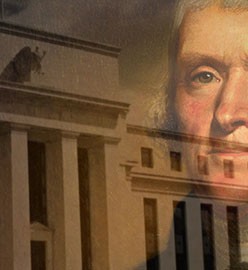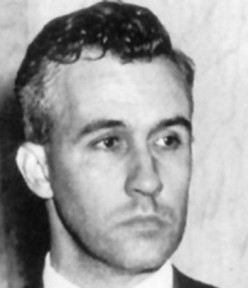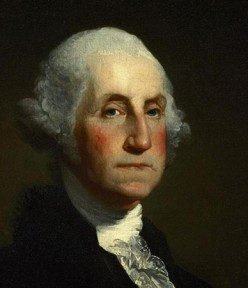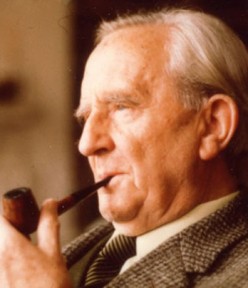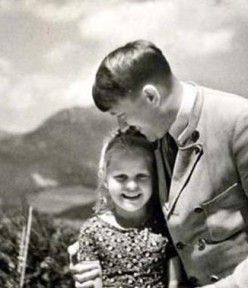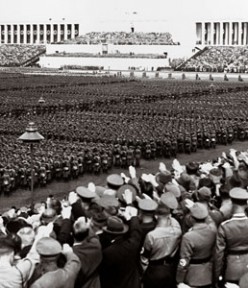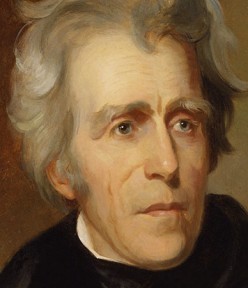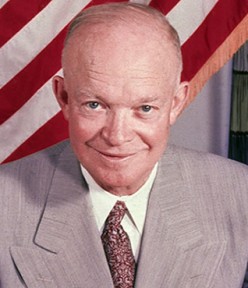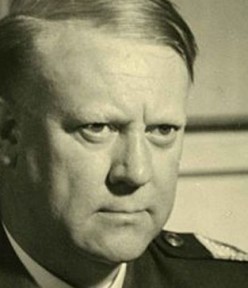Why Thomas Jefferson Opposed the Creation of a Central Bank
By Thomas Jefferson. A Founding Father’s Opinion Concerning the Constitutionality of a Federal Bank, 1791. Though it is common to discuss Andrew Jackson’s opinion about a national bank, it is far less common to hear Thomas Jefferson’s version of things. Here, Jefferson lays out, systematically, his views on finance and the nature of a bank. The existence of the Federal Reserve in contemporary times simply shows how far the present regime is from the mind of the Founding Fathers.
